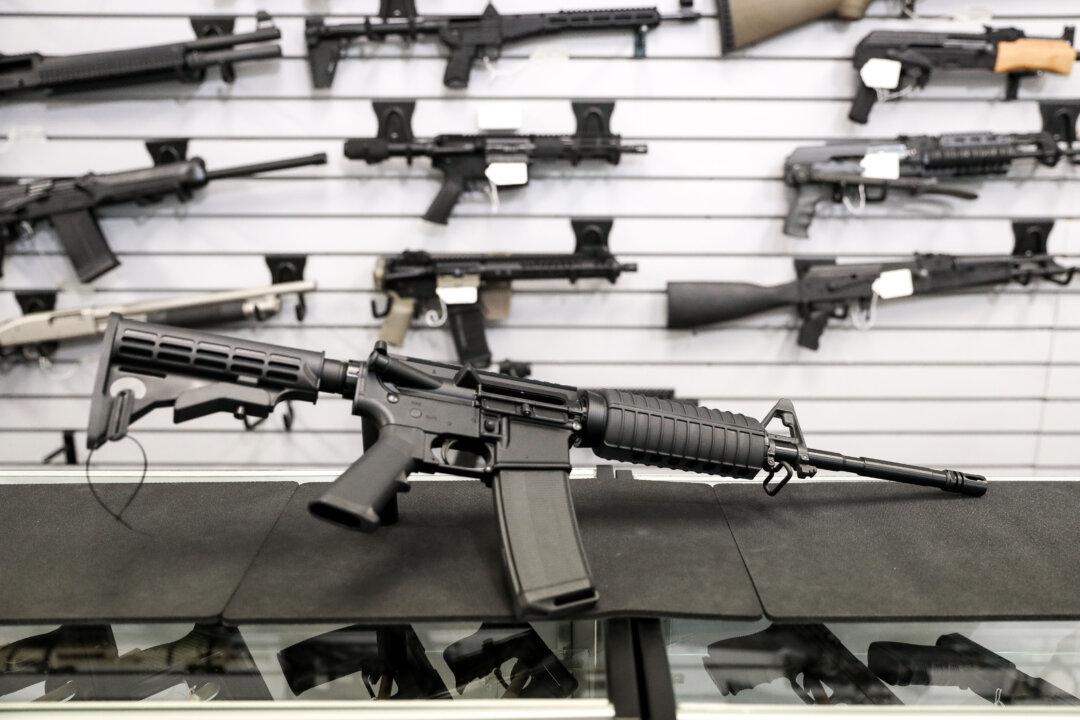A federal appeals court in Philadelphia has overwhelmingly ruled that a Pennsylvania man convicted of a nonviolent crime cannot be stripped of his Second Amendment rights to keep and bear arms.
In an 11–4 ruling (pdf) delivered on June 6, the 3rd U.S. Circuit Court of Appeals sided with Bryan Range, who was banned from possessing a gun because he lied on a government form to get more food stamps to feed his family 28 years ago.





